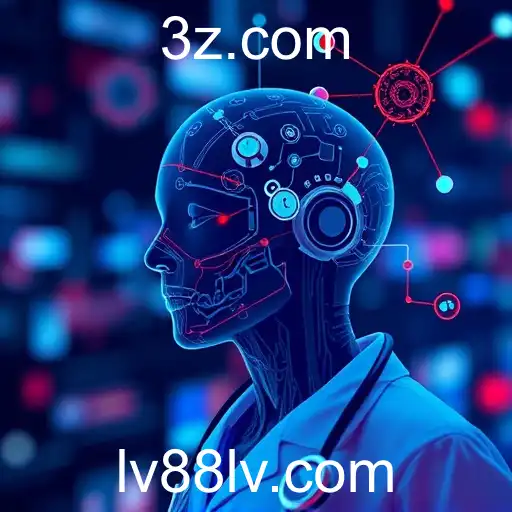
Exploring the transformative impact of technological innovations on the global education landscape.
Over recent years, technology has become an integral aspect of educational systems worldwide, driving transformative change and creating new opportunities for learners and educators alike. As we delve into 2025, this trend continues to amplify, with innovative tools and platforms reshaping traditional classrooms and opening doors to more personalized, accessible, and efficient learning experiences.
One of the most significant advancements is the integration of Artificial Intelligence (AI) into educational tools. AI has been pivotal in personalizing learning experiences, providing students with customized learning paths tailored to their unique needs and learning styles. This technological leap is not only enhancing student engagement but also improving academic outcomes, as teachers leverage AI to offer more targeted and effective instructional support.
Moreover, virtual learning environments have gained prominence, especially in the wake of the challenges posed by the global pandemic. The accessibility of these platforms has made education more inclusive, allowing students from diverse geographical locations and backgrounds to access quality learning materials without the constraints of physical boundaries. This has led to the democratization of education, breaking down barriers and facilitating a truly global classroom experience.
In addition to educational delivery, technology is also revolutionizing assessment methodologies. Traditional exams and paper-based evaluations are increasingly being replaced by digital assessments that provide real-time feedback and in-depth analysis of performance. These innovations are equipping educators with the tools they need to accurately gauge student progress and adapt their teaching strategies accordingly.
Despite these advancements, challenges remain. Issues such as data privacy, digital divides, and the ethical use of AI continue to pose significant concerns. Conversely, they also present opportunities for stakeholders to collaborate on creating frameworks and policies that ensure ethical standards and equitable access.
Globally, governments and educational institutions are investing in research and development to further harness the power of technology in education. This commitment is aimed at preparing the next generation for a rapidly changing job market, where digital literacy will be crucial.
As we move forward, there is a growing consensus that collaboration across sectors will be vital to maximize the benefits of educational technology. By fostering partnerships between tech companies, policymakers, educators, and communities, the future of education promises to be more innovative, inclusive, and adaptable than ever before.




